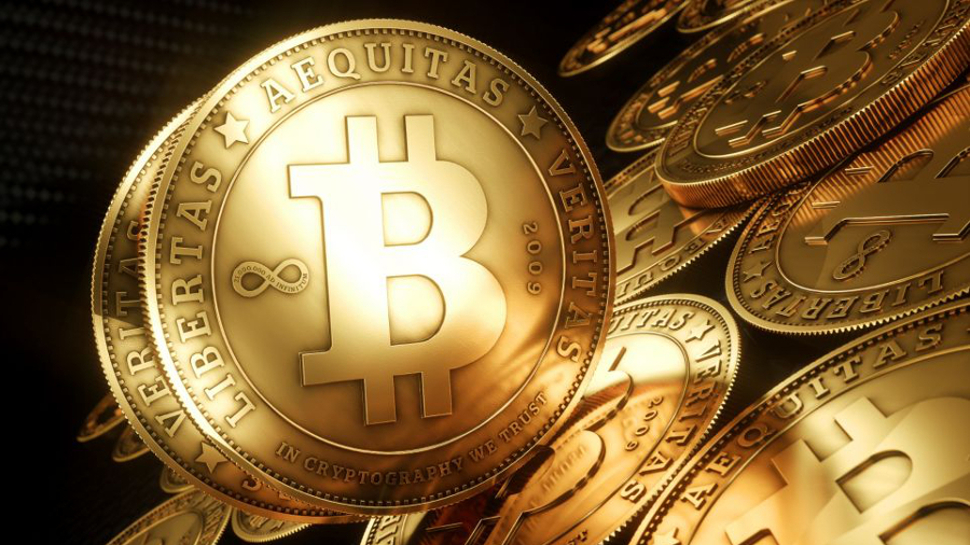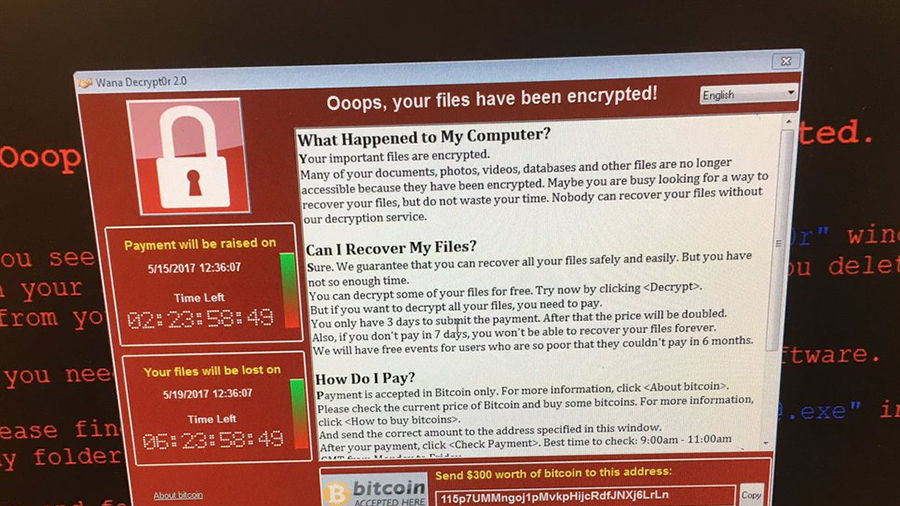Blockchain breakthroughs – just how much can the tech do?
Chain reactions

If you've been following the technology space over the past year or so, you can't have failed to notice increasing talk about blockchain. First implemented in 2009, the technology consists of 'blocks' that hold batches of timestamped transactions, with each block linked to the previous one through cryptography, thus forming a chain.
While it was originally envisioned as a means of facilitating cryptocurrency exchanges, because blockchain offers the possibility of creating a fraud-proof system for conducting transactions it has huge potential for use outside of the digital currency sphere, attracting interest not just among traditional financial institutions, but in areas as diverse as manufacturing and food production, among others.
Blockchain technology has advanced rapidly in recent months to become one of the most exciting and highly-anticipated fields in the tech world – but what can it really mean for you? We take a closer look at some of the biggest blockchain breakthroughs that are on the way.
Banking
One of the most immediate use cases for blockchain is in the financial and banking sectors, where ensuring speed, security and efficiency are all paramount. Thanks to blockchain's decentralized infrastructure, the technology could allow banks and other financial organizations to carry out transactions faster and more efficiently.
In particular, blockchain can help tackle security challenges, helping to prevent fraudulent activity or cases of identity theft by providing a trackable record of all transactions happening on a network.

A number of leading financial institutions have already signed deals to bring blockchain into their operations, including IBM, which has partnered with Axoni and R3 to develop and deploy distributed ledger technology, potentially enabling faster and more secure deals.
Blockchain could also work on a national scale, with several developing nations that lack traditional banking infrastructure instead implementing blockchain-based national currencies, and the technology is also being used by several major charity projects to help those without bank accounts.
Sign up to the TechRadar Pro newsletter to get all the top news, opinion, features and guidance your business needs to succeed!
Retail
In a similar vein, blockchain could also help bring a number of efficiencies and improvements to the retail sector.
Payments for retailers could be greatly simplified through using blockchain, not least in helping allow transactions to be completed through virtual currencies such as Bitcoin. The use of cryptocurrencies has a number of advantages for cross-border payments, which can often be tied up in financial legislation, and can also often be the victim of fraudulent interference. Using blockchain could ensure payments of all sizes would be safe, and allow transactions from other sides of the globe to go through quickly and safely.

Customers would also be able to benefit from much more advanced loyalty and reward programs using blockchain systems. Tokens and vouchers could be streamlined using blockchain, allowing real-time updates on loyalty or frequent shopper programs that customers will love - and again offering a more secure system hopefully resilient to the data breaches that happen all-too-frequently today.
Lastly, blockchain systems could also help retailers and manufacturers alike track their supply chains more easily. For big businesses in particular, a supply chain can be a hugely complex web of different firms dotted around the world, each with their own systems and processes. Blockchain could simplify this by allowing real-time updates and data sharing on areas such as shipping progress - with less chance of interference or fraud as well.
Security
As mentioned, the decentralized nature of blockchain technology gives it a major advantage in the security stakes – an important consideration in today's cybersecurity-conscious world.
Blockchain is theoretically more secure than current systems, offering higher levels of data security and protection against fraud due to its distributed ledger structure, which breaks up and then parcels out data to multiple locations, rather than being stored in one central location.

Building this approach into an organization such as a bank or a hospital could greatly increase the level of security protection available, in theory safeguarding against typical forms of cyberattack, with blockchain networks continually updated to ensure even greater protection.
However, as with any security platform the risk of attack is always present, with cybercriminals engaged in a constant battle of wits with security experts. It may be that the blockchain system comes under attack, although for now it seems to offer protection far above that of any other platforms.
Storage
As the world around us becomes smarter and more technology-dependent, the amount of data being created each day has skyrocketed. This has led to increasing concerns about just how all of this information is going to be stored and monitored – and here again blockchain potentially provides the solution.
Cloud storage has rapidly become a cost-effective and popular method for storing large amounts of data; however, there remain major concerns around stability and security. Blockchain technology could be the answer, powering open-source P2P networks that connect users with their data via a distributed network that should be stable even under great stress, with users able to offer up or rent out storage as required.
The security of cloud storage could also be given a significant boost by blockchain, particularly where the data is valuable financial or personal information. Public sector organizations which handle large amounts of such information, such as governments or schools, are often ill-equipped to do so, relying on outdated systems or technology.
And all this, in the palm of your hand
The smartphones of today are light years ahead of their counterparts of a few years ago, and with their processing power increasing all the time, it's certain that blockchain will soon be coming to your phone.
HTC made headlines earlier this year with its Exodus device, which it says will be the first mass-market blockchain smartphone.

The firm says the Exodus is the launchpad for its new native blockchain network ecosystem, with individual devices acting as nodes for cryptocurrency trading between users.
Set to go on sale soon, the device will feature a cold storage wallet that will support all major cryptocurrencies, including the likes of Bitcoin and Ethereum, as well as decentralized apps. The device will also be extra-secure due to high-level encryption tools, as well as the ability to connect to super-fast networks to ensure speedy transactions.
It remains to be seen just how viable a blockchain smartphone will be, but it looks like the future of the technology could well be mobile-powered.
TechRadar's Next Up series is brought to you in association with Honor


Mike Moore is Deputy Editor at TechRadar Pro. He has worked as a B2B and B2C tech journalist for nearly a decade, including at one of the UK's leading national newspapers and fellow Future title ITProPortal, and when he's not keeping track of all the latest enterprise and workplace trends, can most likely be found watching, following or taking part in some kind of sport.